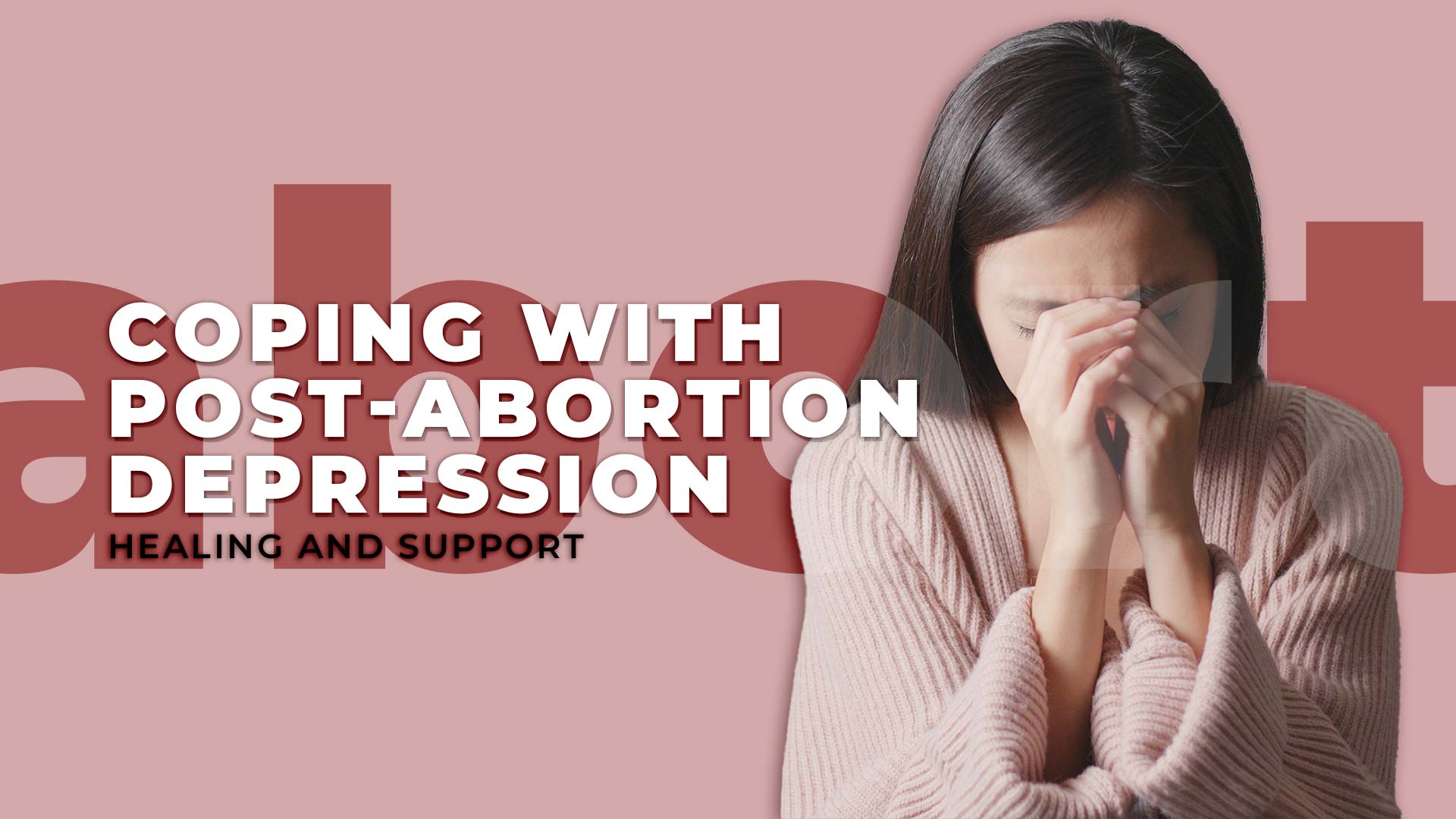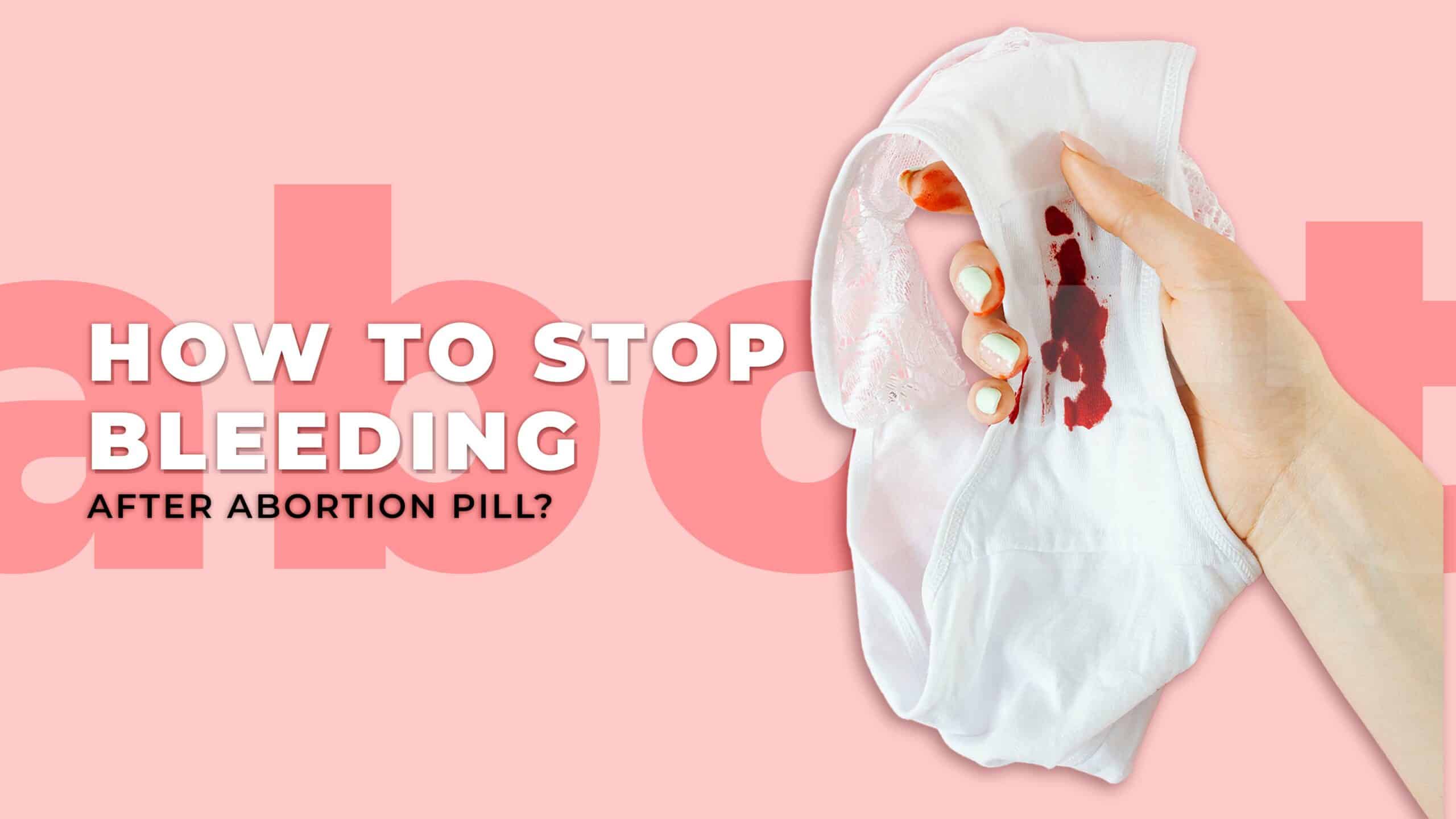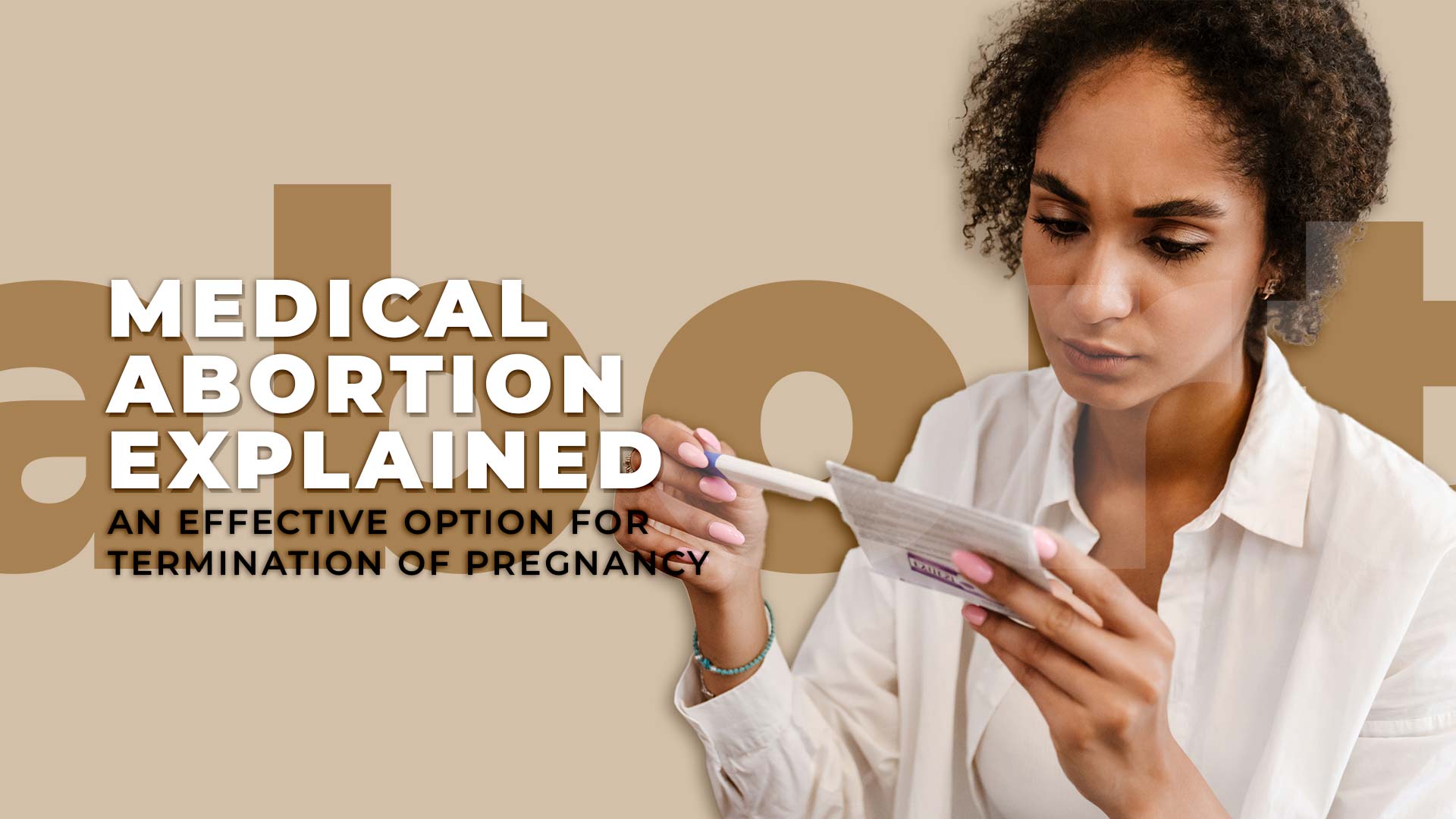The decision to have an abortion is a deeply personal and complex choice that can evoke a range of emotions. While the focus is often on the physical aspects of the procedure, it’s essential to recognize and address the potential emotional impact it may have. One common emotional response to abortion is depression.
Depression, as a common emotional response to an abortion, can manifest in various ways. It may encompass feelings of persistent sadness, a loss of interest or pleasure in once-enjoyed activities, changes in appetite or sleep patterns, a lack of energy, and difficulty concentrating. These symptoms can significantly impact daily life and overall well-being.
The emotional journey following an abortion can be a challenging and sensitive time for individuals. It’s natural to experience a range of emotions such as grief, guilt, regret, and sadness. Each person’s experience is unique and deeply personal, as we all navigate the intricate web of thoughts and feelings surrounding this significant life decision. Amidst this complexity, it is important to remember that you are not alone in your emotions.
In this article, we will explore the causes, signs, and coping strategies for depression after an abortion, emphasizing the importance of seeking support and professional help when needed.
Could abortion lead to depression?
Scientific research on this controversial topic faces significant challenges. Conducting randomized, double-blind studies to examine the psychological effects of abortion is considered highly unethical since it would involve randomly assigning individuals to have abortions. As a result, the available research on the subject is primarily observational.
Considering this limitation, a study from 2015 demonstrated that having an abortion does not necessarily indicate the development of a mood disorder. However, individual experiences may vary. Depending on their specific circumstances, individuals may experience feelings of grief, stress, or a sense of loss, which can potentially progress to depression.
The American Psychological Association has identified several factors that can contribute to depression following an abortion, including perceived stigma and lack of social support, a history of mental health problems, low self-esteem, and specific features of the pregnancy (such as the individual’s desire for it).
Nevertheless, a different study from 2015 suggests that depression resulting from an abortion is not inherently more severe than depression resulting from carrying an unplanned pregnancy to term.
In a more recent study from 2018, researchers published additional findings based on a sample of nearly 400,000 women in Denmark. The results indicated that while women who have had abortions may be more likely to use antidepressants, the risk factors contributing to this outcome are likely associated with causes other than the termination itself.
Therefore, the researchers concluded that policies based on the notion that abortion adversely affects women’s mental health may stem from misinformed interpretations of the evidence.
What are the symptoms of post abortion depression?
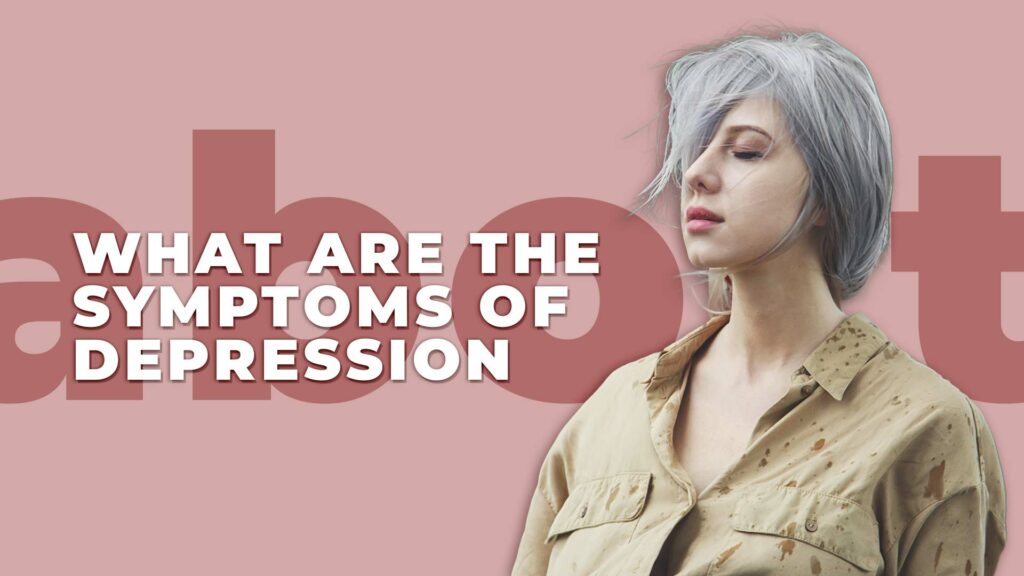
Advocates of post-abortion syndrome, drawing comparisons to post-traumatic stress disorder (PTSD), suggest that it exhibits many similar symptoms.
The commonly attributed symptoms of post-abortion syndrome include:
- Tearfulness
- Mood changes, such as anger, sadness, grief, or numbness
- Depression
- Feelings of guilt, regret, or denial regarding the abortion
- Flashbacks
- Nightmares and disturbances in sleep patterns
- Suicidal thoughts
- Substance use
- Difficulties in relationships
- Decreased self-esteem
- Fear of future pregnancies
Some proponents also argue that post-abortion syndrome can influence relationship problems and alterations in sexual behavior or interests, such as:
- Withdrawal from romantic partners
- Loss of interest in sexual activities
- Increased interest in sexual activities
Some connect this change in sexual interest to another suggested symptom: a strong desire to quickly conceive again as a way to “compensate” for the abortion. These symptoms are claimed to emerge shortly after the abortion occurs and may persist for months or even years.
What are the emotional effects of abortion?
While not universally applicable, terminating a pregnancy can be a highly stressful life event for some individuals, leading to a range of psychological and emotional responses.
For certain individuals, there may be a sense of relief in having made a decision that they believe is right for their circumstances and taking action to address a challenging situation. However, others may encounter various negative emotions.
The interruption of the hormone cycle is inevitable with any pregnancy loss. Hence, negative emotions following a planned abortion may, at least partially, be attributed to hormonal changes similar to those experienced after an unintended pregnancy loss.
Typical negative emotions include:
- Guilt
- Anger
- Shame
- Remorse or regret
- Decreased self-esteem or self-confidence
- Feelings of isolation and loneliness
- Sleep disturbances and nightmares
- Relationship difficulties
- Thoughts of suicide
If suicidal thoughts or self-harm arise, immediate help should be sought. Furthermore, coping with the emotional aftermath may be further complicated by religious beliefs, relationship issues, and societal stigma, especially if they result in a lack of supportive individuals to discuss the experience with.
Moreover, if additional factors are present, such as a sense of isolation or a history of mental health problems, there may be an increased likelihood of experiencing depression.
Is it possible to prevent or treat depression?
If depression arises following an abortion, it is a condition that can be addressed and treated.
Treatment options may include:
- Support, such as that provided by community groups or healthcare providers.
- Counseling, which may involve cognitive-behavioral therapy or other therapeutic approaches.
- Medications, including antidepressants, that can be prescribed if necessary.
In addition to professional treatment, certain lifestyle factors may contribute to preventing or alleviating depression:
- Maintaining a balanced diet.
- Engaging in regular exercise.
- Managing stress levels as much as possible.
- Learning and practicing relaxation techniques like yoga or meditation.
To mitigate the risk of depression, there are steps one can take before making a decision about pregnancy termination, based on 2019 research:
- Seeking support from trusted individuals.
- Carefully considering all available options.
- Consulting with medical professionals and asking any pertinent questions.
- Avoiding isolation, as it can contribute to depressive feelings.
- Resisting pressure to engage in actions that go against personal wishes, whether it’s terminating or continuing the pregnancy.
Terminating a pregnancy, like any other medical or surgical procedure, carries some physical risks. Hence, it is crucial to seek treatment from registered facilities staffed by qualified and experienced professionals to minimize the risk of harm.
Why do some individuals experience increased distress?
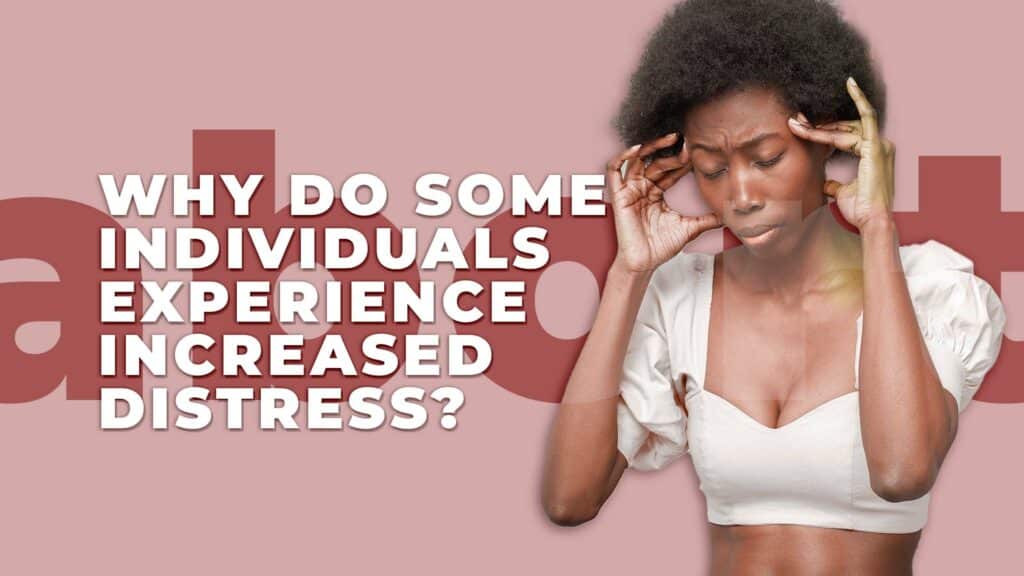
In certain cases, individuals may encounter more intense emotional symptoms or prolonged distress following an abortion. However, these symptoms often stem from preexisting concerns or issues that were present before becoming pregnant or deciding to undergo the procedure.
Several factors can contribute to an increased likelihood of experiencing stress, emotional turmoil, and other challenging emotions related to abortion:
- Lack of support
Even if one feels confident about their decision, having emotional support from a partner, family, or friends can be crucial. Discussing significant decisions with trusted individuals can help sort through thoughts and come to terms with various feelings associated with the issue. Without such support, one may feel isolated and alone. For instance, if a partner seems indifferent towards the decision or attempts to pressure them into a different choice, conflicting emotions, and stress may arise.
- Uncertainty about the decision
Many factors come into play when deciding to have an abortion. Even if one weighs the options and ultimately concludes that abortion is the most sensible choice, they may still experience some lingering uncertainty. They might have the desire to start a family but face circumstances that make continuing the pregnancy challenging. Alternatively, they may find themselves in a situation where they never anticipated choosing abortion but see no other viable option. Struggling with the decision can lead to ongoing contemplation and reflection.
- Exposure to stigma and anti-abortion protests
Even if an individual perceives abortion as a safe medical procedure and understands their right to make autonomous decisions about their body, encountering anti-abortion messages and protestors can have a negative impact. Research from 2016 has shown that women who encountered protestors at abortion clinics reported that it triggered distressing symptoms. Despite increased openness about discussing abortion experiences, societal stigma still exists.
- Personal values or beliefs
Supporting the notion of reproductive choice doesn’t necessarily equate to advocating for abortion. One can hold a pro-choice stance while personally feeling hesitant about having an abortion. If circumstances lead to choosing abortion despite personal beliefs, individuals may experience significant distress, guilt, and regret even if they also feel relief.
- Existing health concerns
Living with a medical or mental health condition can be challenging even in the absence of other stressors. Facing an unplanned pregnancy, which requires a decision, can exacerbate existing difficulties. Even if there is no internal conflict or emotional tension regarding the decision to end the pregnancy, the overall stressful situation can trigger feelings of anxiety, panic, or depression. Note that abortion itself may not be the direct cause of these feelings, as any situation that adds to stress can have a similar effect.
If a person’s physical health prevents them from safely continuing a pregnancy or giving birth, having an abortion becomes necessary to protect their well-being. In such cases, individuals may experience grief and distress related to the possibilities that are no longer available to them.
Coping with grief after an abortion
If you’re struggling with feelings of grief or depression after having an abortion, it’s important to know that you’re not alone. Studies suggest that approximately 24% of women will undergo an induced abortion by the time they reach the age of 45.
However, it is possible to manage your emotions and go through a healing process after an abortion. Consider the following approaches to begin your journey of healing:
- Embracing Acceptance: It can be beneficial to acknowledge and come to terms with your feelings, even if they were unexpected. Allowing yourself to grieve and granting yourself time for the healing process can be a valuable experience.
- Exploring Your Circumstances: Reflecting on your family background, personal history, and other factors can help you identify underlying elements that contribute to your distress. By recognizing previous conditions, social pressures, personal beliefs, or unresolved trauma, you can gain a better understanding of your emotions.
- Seeking Support: Although you may initially feel reluctant to discuss your experience or disconnected from others, reaching out for help or finding safe spaces to express yourself among trusted individuals can make a significant difference in your healing journey.
- Practicing Self-Compassion: During the grieving process, you might be tempted to be hard on yourself. It’s important to remember that you are doing the best you can with the resources available to you. Dwelling on “what ifs” can lead you astray. Instead, focus on the present moment and plan for your future.
- Managing Stress: Exploring techniques to calm your mind and body can be beneficial. Consider engaging in activities such as meditation, yoga, or tai chi, all of which can help soothe your emotional state. There are numerous free YouTube videos available that offer a variety of options.
- Sharing Experiences: Connecting with others who have had similar experiences can help alleviate feelings of isolation and provide a safe space to express your emotions. If you don’t have anyone you feel comfortable talking to, support groups can be a valuable resource.
Everyone’s healing process is unique, so be patient with yourself as you navigate through your emotions and seek the support you need.
Knowing When to Seek Professional Assistance
In certain instances, despite your efforts to address grief through self-help strategies or other methods, you may find it challenging to effectively process your emotions.
If feelings of grief and sadness persist for more than a month, or if you have concerns about your ability to cope with the emotions associated with your abortion, it can be beneficial to seek assistance from a mental health professional.
Moreover, if you suspect that you are experiencing symptoms of depression, other mental health conditions, or hormonal imbalances, consulting with a professional can provide the necessary support and guidance.
Takeaway

Each individual’s experience of grief is unique. Similarly, the emotional and physical responses to having an abortion can vary greatly. It is important to recognize that whatever you are feeling is valid and a natural part of the process.
After an abortion, it is common to experience a range of emotions, including relief, sadness, irritability, denial, and sometimes even depression. It is important to understand that not everyone will go through these specific emotions, and there is no right or wrong way to feel after such an experience.
Whether you personally underwent the procedure or you are a parent, friend, or family member who has been affected by it, it is essential to acknowledge that your feelings are valid and genuine. Healing is possible, and there are paths to find solace and recovery.
References
- Abram, Z. (2022). The facts about abortion and mental health. https://www.apa.org/monitor/2022/09/news-facts-abortion-mental-health
- Boobpamala, S., et al. (2019). Early management of depression in adolescent pregnancy: An integrative review. https://www.researchgate.net/publication/333037956_Early_management_of_depression_in_adolescent_pregnancy_An_integrative_review
- Bray, B. (2018). When post-abortion emotions need unpacking. https://ct.counseling.org/2018/04/when-post-abortion-emotions-need-unpacking/
- Chae, S., et al. (2017). Reasons why women have induced abortions: A synthesis of findings from 14 countries. https://www.ncbi.nlm.nih.gov/labs/pmc/articles/PMC5957082/
- Depression. (2017). https://www.nami.org/About-Mental-Illness/Mental-Health-Conditions/Depression/Treatment
- Foster, D. G., et al. (2015). A comparison of depression and anxiety symptom trajectories between women who had an abortion and women denied one. https://europepmc.org/backend/ptpmcrender.fcgi?accid=PMC5004731&blobtype=pdf
- Gerdts, C., et al. (2015). Side effects, physical health consequences, and mortality associated with abortion and birth after an unwanted pregnancy [Abstract]. https://pubmed.ncbi.nlm.nih.gov/26576470/
- Grief vs. depression: What you need to know and when to seek help. (n.d.). https://www.hrrv.org/grief-support/grief-vs-depression-need-know-seek-help/
- Reardon, D. C., et al. (2018). The abortion and mental health controversy: A comprehensive literature review of common ground agreements, disagreements, actionable recommendations, and research opportunities. https://www.ncbi.nlm.nih.gov/labs/pmc/articles/PMC6207970/
- Steinberg, J. R., et al. (2018). Examining the association of antidepressant prescriptions with first abortion and first childbirth. https://jamanetwork.com/journals/jamapsychiatry/article-abstract/2681170
- Steinberg, J. R., et al. (2015). Abortion and mental health: Findings from the national comorbidity survey-replication. https://www.ncbi.nlm.nih.gov/labs/pmc/articles/PMC3929105/
- Torres, F. (2020). What is depression? https://www.psychiatry.org/patients-families/depression/what-is-depression
- Unintended pregnancy. (2021). https://www.cdc.gov/reproductivehealth/contraception/unintendedpregnancy/index.htm

